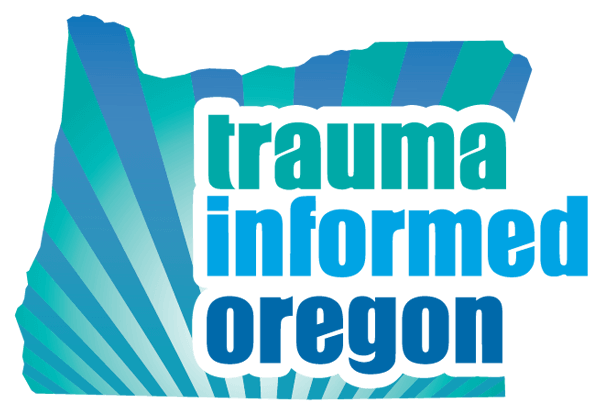Blog
 The Advantages and Challenges of Peer Support
The Advantages and Challenges of Peer Support

February 12, 2015
From: Calvin Bates, Peer Support Specialist
As a Peer Support Specialist I’ve encountered a few individuals that have expressed interest in becoming one themselves. This article is for those that are contemplating whether or not to get involved. There are advantages and challenges to peer support work and it’s important to examine them before making a commitment. Below is a short list to consider based on my own observations of just over eight months into my job.
Advantages:
- You get to share your experiences with others. This can be a great way to develop rapport with someone quickly as you are demonstrating a willingness to open up to them. It’s not typical, nor considered ethical, for most therapists/professionals to engage with their clients in this manner. As a peer, you are able to (perhaps) establish a more authentic relationship with the people you serve.
- Peer Support is person-centered and strengths-based. You won’t be dictating where your peers go and what they should be doing. Instead, they are in charge of deciding what they want out of the service, within reasonable limits. While deficits are acknowledged, the focus is on what they are good at.
- You can plan activities with your peers. It is not often you come across work that allows you to have some fun on the clock. I’ve been able to do things like go bowling, go to the zoo, shoot hoops, play video games, grab some food, and go shopping with them. Of course, there are limits to this as you will undoubtedly have other responsibilities to attend to.
- While this doesn’t apply to all Peer Support Specialists, I’ve been able to meet my peers in the community. This might be at their home, a coffee shop, another care provider/resource, or possibly even a campsite. I know that this is very helpful and appreciated by the people I work with, or at least most of them.
- Flexibility. This will likely vary but in my experience so far, if I need to take time out of the office I’m able to do so. It hasn’t occurred often but it’s good to know that I have a supportive work environment. I’ve also been free to arrange my schedule as I see fit aside from mandatory trainings and meetings.
Challenges:
- Not everyone wants a Peer Support Specialist. There are cases where you might be introduced to someone who is only seeking case management, or needs a level of care that you cannot provide. Honestly, situations like this can be awkward when peers and/or their families expect you to serve them in a capacity that is not appropriate for your role.
- Currently, there is no universal job description for a Peer Support Specialist that I am aware of. There is an effort on the behalf of providers to integrate Peer Support Specialists into a variety of services/programs, which is well-intended, but as a consequence you might find yourself being asked to perform duties that broaden your role, perhaps more than you might feel comfortable with. I’ve been lucky enough to work with a team of colleagues that values the input of their Peer Support Specialists but in no way is that guaranteed everywhere.
- Your health will be impacted. It is not a question of “if”. Make sure you are able to take care of yourself and have enough supports outside of your job. This has been a work in progress for me and it can be difficult given the social expectations inherent in this field.
- You will be privy to the failures of the mental health system and, more broadly, society itself. There are things that will leave you scratching your head or even cause you to heave it against a wall, repeatedly.
- There is no clear structure for advancement, yet, and most Peer Support jobs are part-time, low hours. I consider mine to be an exception as a full-time employee.
This is the most honest assessment I can provide so far in my journey as a Peer Support Specialist. I hope this is helpful to those interested in possibly pursuing this kind of work. Please feel free to leave a comment if you’d like to add your own experiences as a Peer Support Specialist or if you have any questions!
Here some resources for organizations and young adults to learn more about peer support services:
- Intentional Peer Support: What makes it Unique? -Pathways RTC
- Peer to Peer Support: A Review of Literature -Youth MOVE
- My-Peer Toolkit – Western Australia Centre for Health Promotion Research
